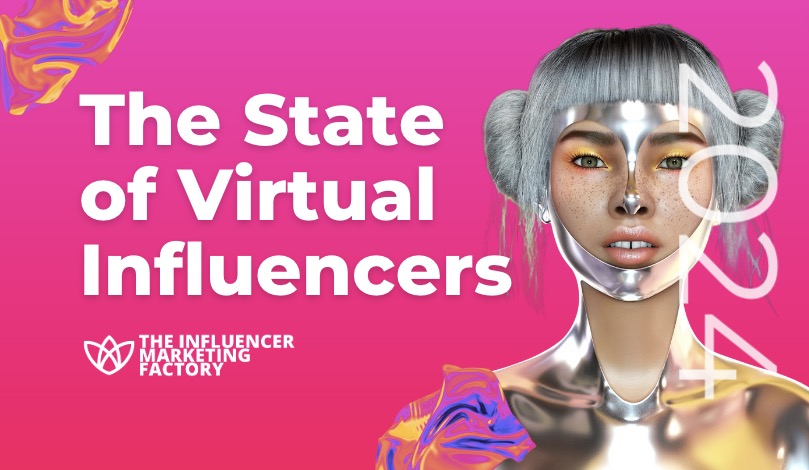The Influencer Marketing Factory’s latest report highlights rising consumer trust in virtual influencers.

The Influencer Marketing Factory, a prominent global influencer marketing agency, has released a new infographic revealing that 27% of surveyed consumers are open to trusting virtual influencers. The data, collected from a survey of 1,000 U.S. participants, underscores the increasing role of digital personalities in the evolving marketing landscape.
According to the report, 79% of respondents are aware of virtual influencers, with more than half actively following at least one. These digital entities are particularly popular on platforms such as YouTube, TikTok, and Instagram, showcasing their broad appeal and adaptability.
- Consumer Trust and Engagement: 15% of respondents expressed a high level of trust in products endorsed by virtual influencers. Moreover, 27% indicated they might consider purchasing products based on such endorsements in the future.
- Market Preferences: Virtual influencers are perceived as most effective in promoting gaming (36%), technology and gadgets (33.5%), beauty and cosmetics (32.7%), fashion (28.8%), and entertainment (21.5%).
- Consumer Purchasing Behavior: The survey revealed that 29.5% of participants have made purchases influenced by virtual influencers. Conversely, 43.5% have not been swayed by these endorsements, but 27% remain open to the possibility, suggesting a potential shift in consumer behavior.
Implications for the Marketing Industry
The findings indicate a significant potential for virtual influencers in shaping consumer behavior and brand strategies. As these digital personas become more sophisticated, their influence is expected to grow, particularly in sectors where they have already proven effective.
The rise of virtual influencers aligns with broader industry trends towards digital and data-driven marketing strategies. Brands looking to stay ahead of the curve may consider integrating virtual influencers into their campaigns to engage tech-savvy audiences.
For further details on the report or potential collaborations, interested parties can refer to The Influencer Marketing Factory’s website.
